Giardia lamblia is a parasite affecting humans. It is also known as giardia intestinalis and giardia duodenalis. It leads to giardiasis, a disease of the digestive system. It is linked to symptoms such as bloating, vomiting, nausea, and abdominal pain. The majority of people with giardia in their bodies experience only mild symptoms. It is also common to not have any.
You may need to schedule a visit with your healthcare provider if your symptoms are severe. Even though it is rare to have serious health problems due to giardiasis, doctors know how to deal with such cases effectively.
Giardia lamblia![]() is highly contagious, and the infection can spread quickly through contaminated food, water, or surfaces. Outbreaks can occur, especially in communities with poor hygiene or inadequate sanitation.
is highly contagious, and the infection can spread quickly through contaminated food, water, or surfaces. Outbreaks can occur, especially in communities with poor hygiene or inadequate sanitation.
If someone is diagnosed with giardiasis, it is important to follow proper hygiene practices to prevent the spread of the infection to other people.
Giardia parasites are found worldwide, making giardiasis infection a common medical condition. Anyone can develop the infection, but people living in underdeveloped countries and those with poor sanitation practices are more at risk.

Giardia infection is generally not considered life-threatening, but it can cause significant discomfort and can be a severe health concern, especially in some populations, such as underdeveloped countries.
Places giardia lamblia is found include animal and human feces, contaminated food, soil, and water. It can survive without a host for a long time, so it has a lot of opportunities to infect humans and animals. It usually spreads through contaminated food, water, person-to-person, and indirect contact.
Food can get contaminated with giardia lamblia by food handlers who don't wash their hands or follow necessary sanitation guidelines. If a product is washed with contaminated water, it can also contain the parasite.
Because heat kills parasites, food is less likely to cause giardiasis than water. However, this still is an issue for underdeveloped countries, where cooking food is less common than in more industrialized parts of the world.
Contaminated water is the most common cause of giardiasis. Giardia parasites can be found in lakes, ponds, rivers, streams, swimming pools, public water supplies, water parks, spas, cisterns, and wells. Moreover, ground and surface water can contain the parasite due to wastewater discharge, animal droppings, and agricultural runoffs. Water in spas and swimming pools, on the other hand, can get contaminated because of stool from children's diapers or people with diarrhea.
Giardia parasite can be transmitted through direct person-to-person contact while changing a child's diaper, through unprotected anal sex, or while working at the child care center. Infection may also occur through indirect contact after touching surfaces contaminated with the parasite.
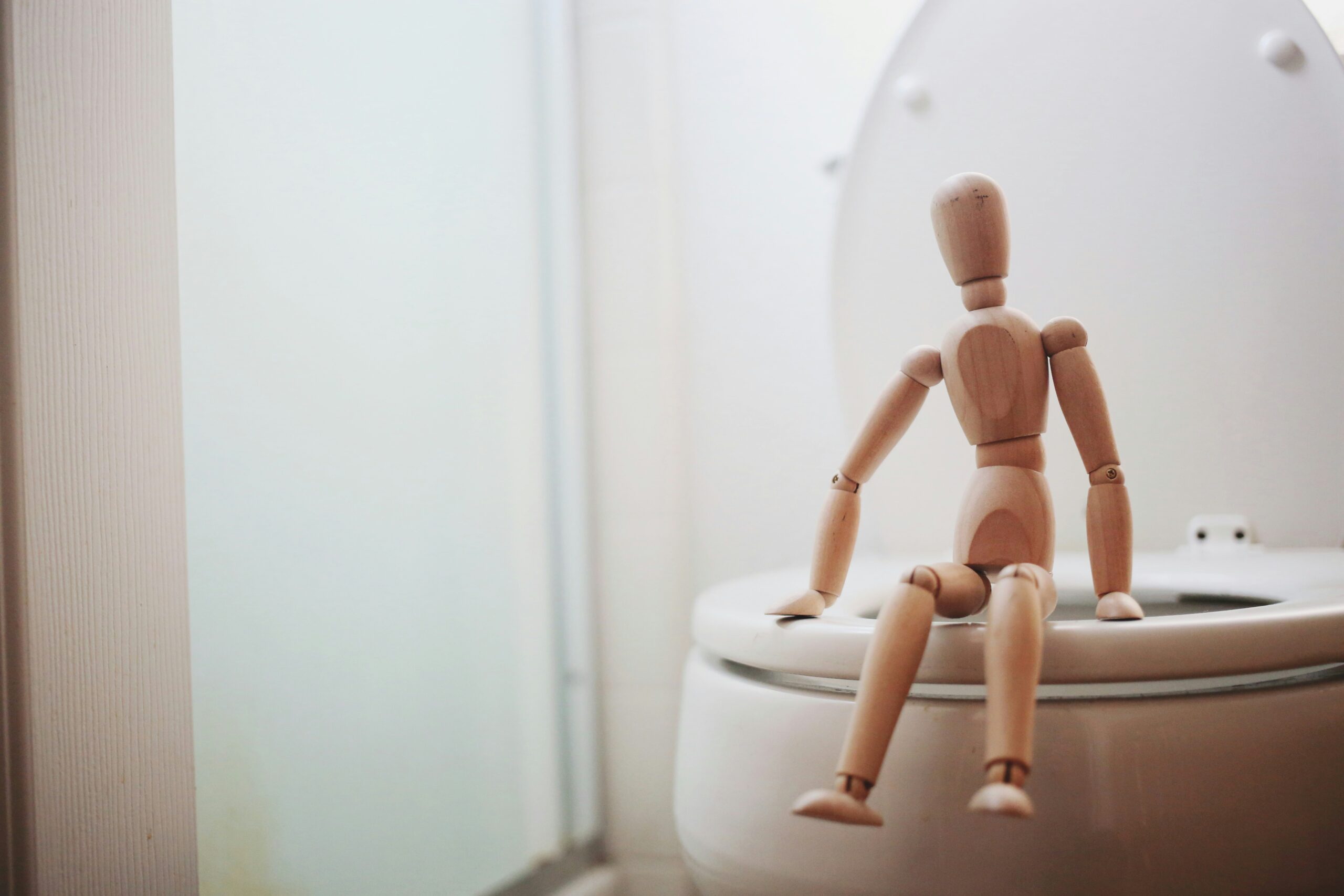
Although anyone can get infected with giardia, some people are more at risk of developing giardiasis. These include children, people with no access to a safe water supply, and those who do anal sex.
Giardiasis occurs more often in children than in adolescents and adults. This is because they are more likely to encounter an infected stool. The infection may occur because of diapers, at a child center, or during toilet training.
Giardia infection is more likely to occur in areas with poor sanitation and communities that lack a safe water supply. People whose hygiene practices are poor also put themselves at risk of giardia.
If performed without a condom or other form of protection, anal sex or oral-anal sex may result in giardia infection. Moreover, other sexually transmitted diseases may also occur due to unprotected anal sex.
Other factors that increase the risk of giardia infection include:
Symptoms of giardia infection commonly start one to three weeks after exposure to the parasite. However, some people with the infection don't develop any health issues. Instead, they may carry giardia lambia and spread it to others.
People who develop symptoms usually have them for two to six weeks. They may include the following:
We mentioned that a giardia infection may last up to six weeks, but in rare cases, it may take longer to resolve. This happens when complications are about to develop. The risk of complications increases after one week of persistent symptoms.
Some people are not safe from their effects when the infections end. They may happen to anyone but is more likely to occur in infants and children. People who live in underdeveloped countries are also more at risk. Possible complications include:

Many people infected with giardia lamblia don't experience symptoms or develop minor issues that resolve independently. Treatment may be necessary if an infection persists for a long time and when symptoms are severe.
Antibiotics with antiparasitic effects are the most effective way to eliminate giardia lamblia. Just one course is usually enough to say goodbye to an infection.
Sometimes, preventing giardia infection is impossible, especially if you live or stay in an area with poor sanitation practices. However, health professionals noticed that some practices lower the risk of infection. Consider the following tips:
One can become infected with giardia by consuming contaminated food or water or by coming into contact with surfaces that harbor this parasite. Each year, diagnoses of giardiasis affect many people; however, most experience mild cases, and only a few present concerns.
Without a doctor's intervention, most people experience an improvement; they often remain oblivious to their possession of giardia – merely acting as carriers without discernible sickness. The incidence of individuals suffering from severe symptoms represents an exceptionally rare situation.
Symptoms of a Giardia infection usually manifest within 1 to 3 weeks following initial exposure to the parasite, persisting for 2-6 weeks. These include nausea, vomiting, and diarrhea – often accompanied by fatigue or tiredness.
To diagnose a giardia infection, one must undergo a stool-sample test. Doctors order this test with the intent of ascertaining whether or not the patient's stool harbors the parasite. In pursuit of additional details about your case, your healthcare provider may request more samples over several consecutive days. Attending a follow-up visit post-recovery proves beneficial: it confirms the absence of parasites in your body.
Table of Contents
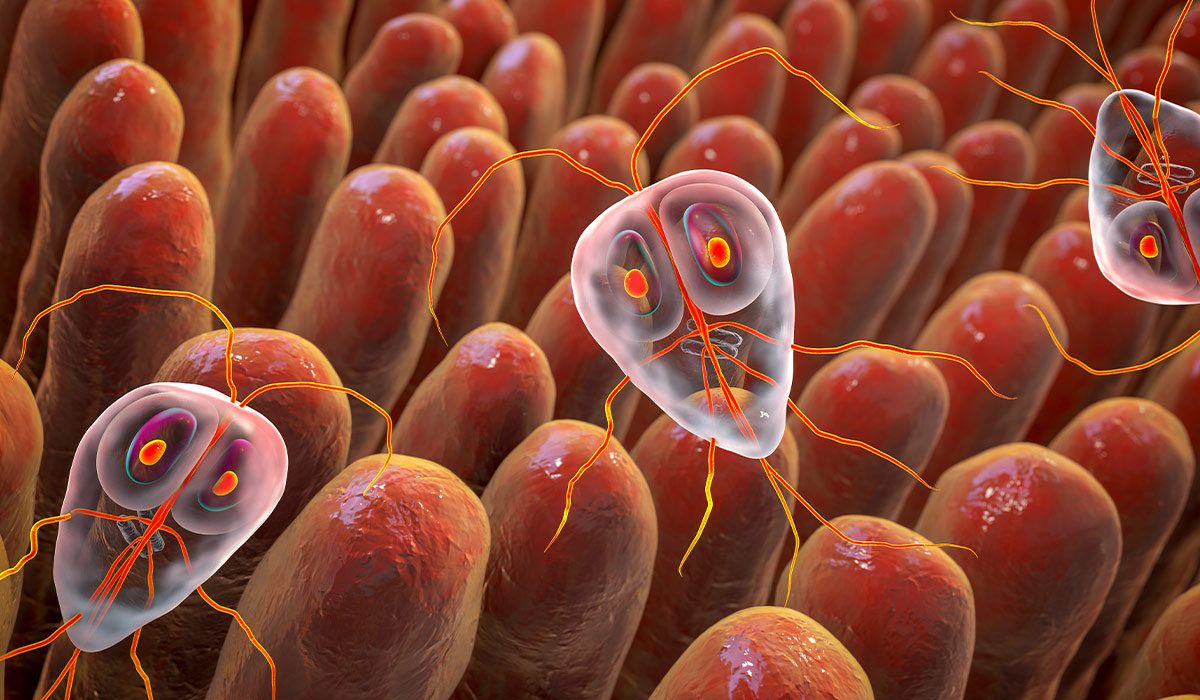
Giardiasis is a disease that causes symptoms of diarrhea. Some people are at greater risk of a severe course and… read more »
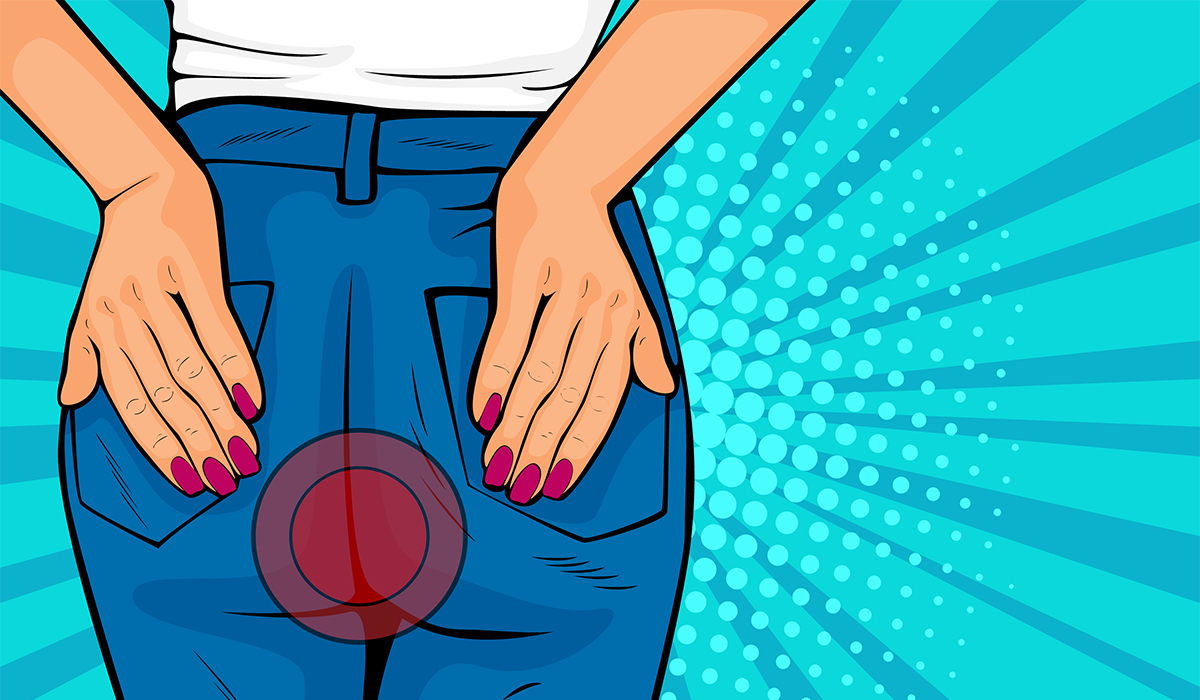
An anal fissure is a classic medical case where there is a tiny cut or crack in the skin near… read more »

Hemorrhoids are swollen veins in the anal canal. They are accompanied by various symptoms – how to recognize them? What… read more »
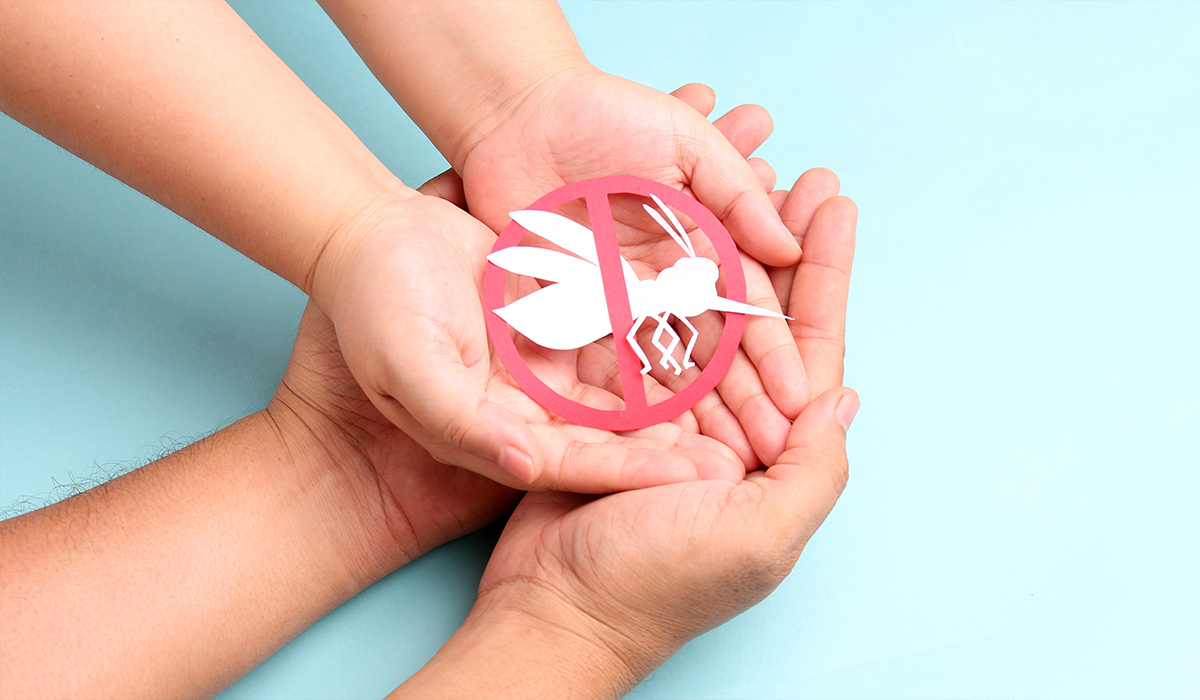
Malaria is a dangerous tropical infection that spreads through mosquitoes. Infected people usually experience symptoms like the flu, such as… read more »

Trichinosis or trichinellosis is caused by a parasite roundworm from the sort of Trichinella. Undercooked pork and wild creatures eaten… read more »
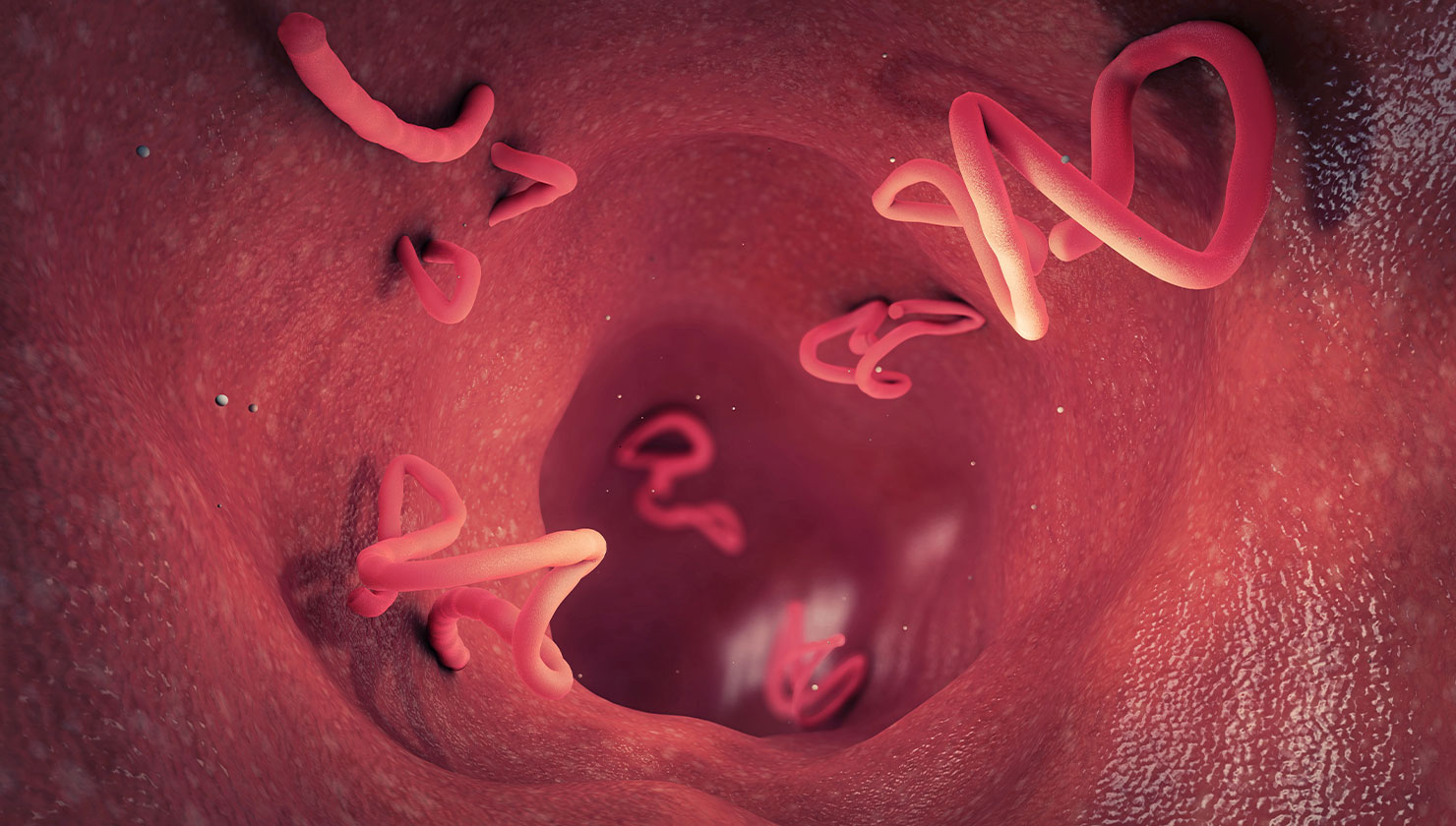
A tapeworm is a parasite that uses the human body as a food source. Its presence causes certain symptoms –… read more »
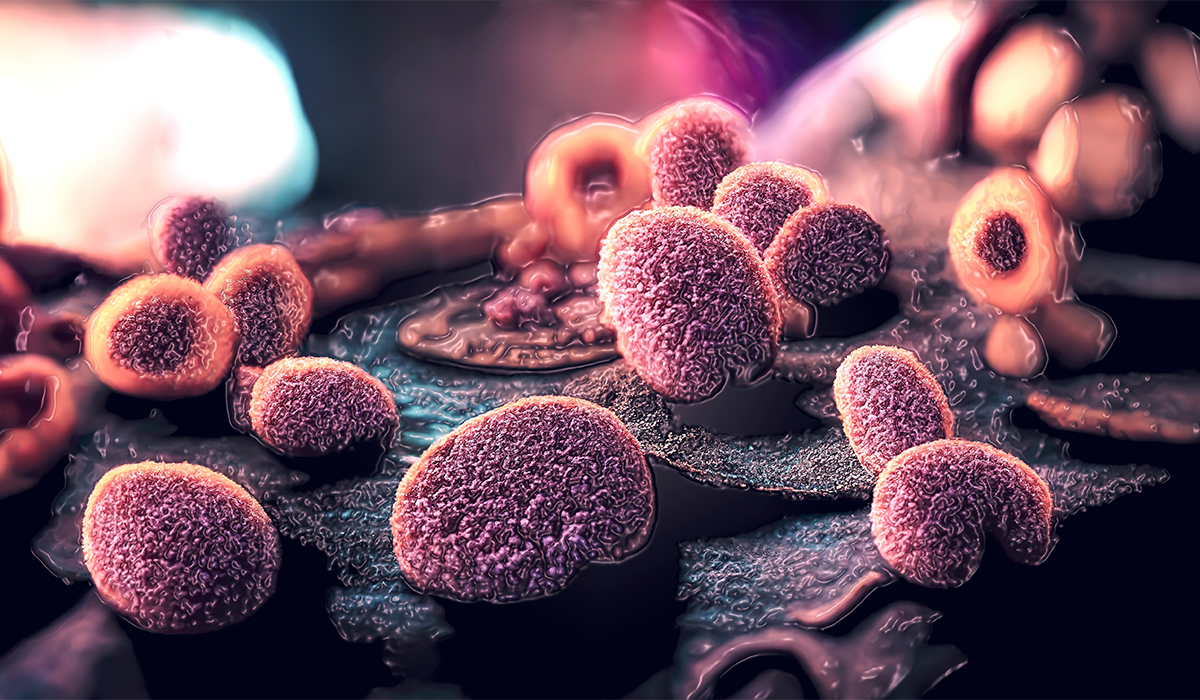
Pinworms, also called threadworms or seatworms, are tiny parasitic intestinal worms that may lead to an infection in the anus… read more »
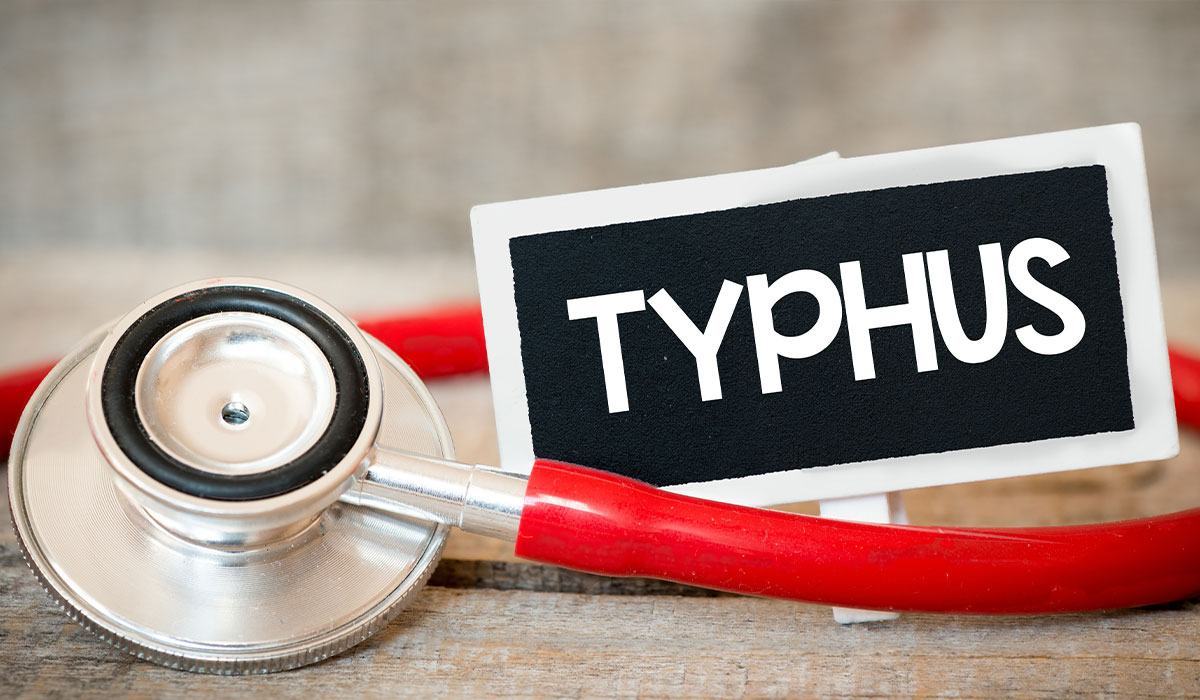
The term typhus encompasses three main types of typhus – epidemic typhus, endemic typhus, and scrub typhus. Each one of… read more »
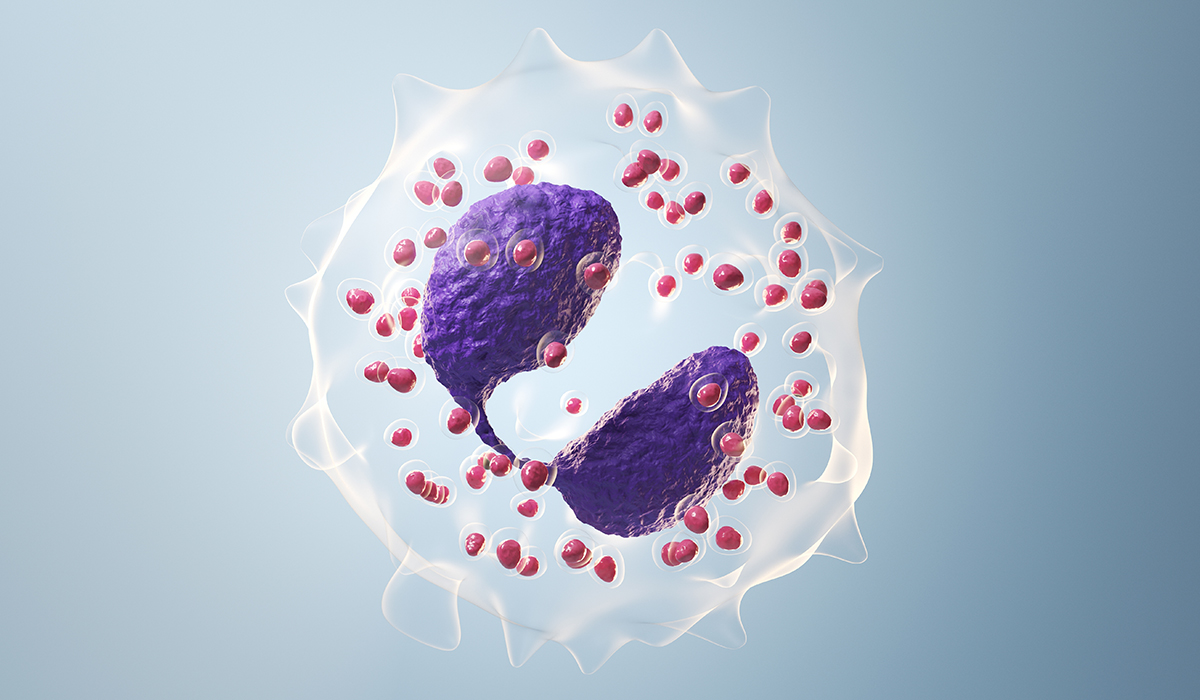
Eosinophils are a portion of the granulocyte family, which is a sort of white blood cell vital for our safe… read more »